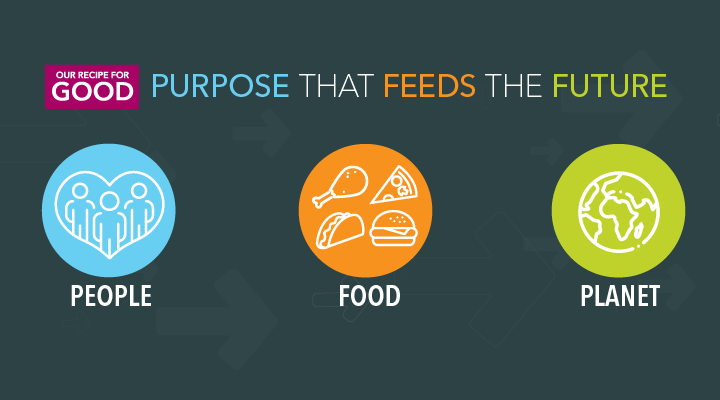How Yum! Brands Is Making Its Supply Chain More Sustainable

Yum! Brands, the parent company of KFC, Pizza Hut, Taco Bell, and The Habit Burger Grill, is investing in partnerships with dairy, beef, and poultry suppliers to reduce carbon emissions and develop resilient agricultural practices. The company aims to cut greenhouse gas emissions intensity from core proteins by 46% by 2030. Pizza Hut has already achieved its goal of sourcing 50% of its dairy from farmers using sustainable practices, and is now providing technology to dairy farmers to reduce methane emissions. Taco Bell and Cargill are also committing funds to support restoration and regenerative ranching in the beef industry.
Source: Link
Frequently Asked Questions (FAQs)
1. What steps is Yum! Brands taking to make its supply chain more sustainable?
Yum! Brands is focusing on several key areas to enhance its supply chain sustainability, including setting science-based targets to address climate change, elevating sustainable packaging efforts, and understanding the complexities of the supply chain to implement better practices. The company is also committed to collaborating with partners to invest in and improve the sustainability of the supply chain through initiatives like the one with Taco Bell®, Cargill, and the National Fish and Wildlife Foundation.
2. What are the recent accomplishments of Yum! Brands in terms of sustainability?
Yum! Brands was named to the 2021 Dow Jones Sustainability Index North America, signifying its notable progress in sustainability efforts. The company has also worked on conducting global supply chain risk assessments in food and agriculture procurement and has pursued science-based targets for responsible growth.
3. How does Yum! Brands address the environmental impact of its supply chain?
In collaboration with partners, Yum! Brands is investing in efforts to restore and improve the environmental sustainability of its supply chain. This includes understanding the environmental impacts of food production and working on initiatives to lessen these impacts.
4. What role does sustainable packaging play in Yum! Brands' sustainability strategy?
Sustainable packaging is one of the focus areas for Yum! Brands. Efforts are being made to elevate the work done in this domain, which includes reducing unnecessary packaging and advancing the use of recyclable and compostable materials.
5. Is Yum! Brands transparent about its supply chain sustainability practices?
Yum! Brands has shown a commitment to transparency regarding its supply chain sustainability practices by engaging in robust reporting and disclosures, as suggested by their progress updates on CSRwire.com. This includes providing comprehensive sustainability reports that likely include supply chain disclosure.
6. How does Yum! Brands' sustainability strategy impact local communities?
Through initiatives such as Yum China's "Grow Local" project, the company emphasizes the use of local ingredients and strengthening local supply chains. Such initiatives aim to contribute to local economies and provide a sustainable sourcing strategy.
7. What kind of collaborations is Yum! Brands involved in to promote supply chain sustainability?
Yum! Brands is collaborating with various partners, such as Taco Bell®, Cargill, and the National Fish and Wildlife Foundation. These partnerships focus on investment and collaboration to improve the sustainability of the supply chain, particularly in the area of food production.
For more detailed information about Yum! Brands' sustainability efforts, you may refer to the CSRwire press releases linked in the provided search results.

